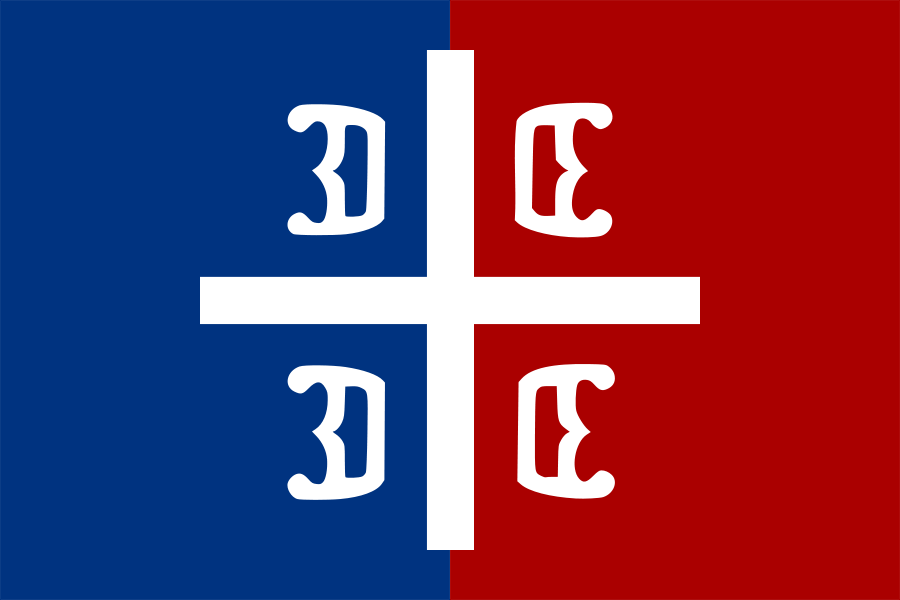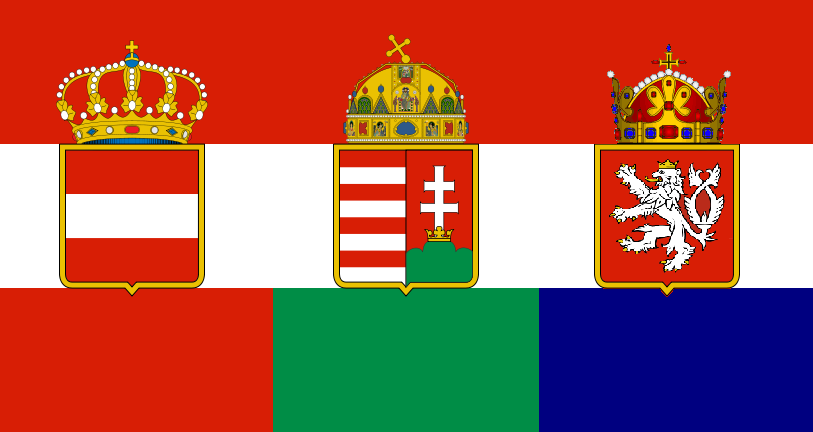Joohan wrote:The Imperial Warglorian Empire wrote:Not to be hostile or anything, but I reserved it first, so technically I have first right (you should probably make a list)
The guy who reserved Finland hasn't contacted me yet, maybe we could come to an agreement
And according to the post he made i'm fairly certain he just reserved the SS Latvian Legion, not Latvia, but once again we could come to an agreement if he contacts me
Nah that's fine - just wanted to ask you.
Aight, thx






